It’ll be years before the Covid inquiry reports back on what we can learn from the pandemic, but already there is one key lesson for us all: don’t write anything on WhatsApp that you wouldn’t want read out in court.
The vividly-phrased WhatsApp messages published, and very memorably read aloud, as part of the inquiry have brought some much-needed mirth to our troubled times. There is something inherently very funny about posh people in court quoting bad language and repeating insults like ‘useless f*** pigs’. Hugo Keith KC, lead counsel to the inquiry, is one of those who carries the air of the headmaster’s study around with him. He has mastered the art of toneless reading out of offensive messages.
But the furore over four-letter words has meant that the substantive points of submissions to the inquiry – not least that of Dominic Cummings – have been entirely overshadowed. The miserable failure of the state’s antiquated architecture in an emergency has been blotted out by c words and f words and discussions about who said what when to whom about who.
Reading the WhatsApps of political figures like Cummings is like reading their diaries far too soon – and not even the sanitised, serialised self-glorifying versions, but the raw matter of their most trusted, tightest inner circles. Political WhatsApps are hot stuff and handing over your phone is the 21st century version of Catholic confession without either the priest’s vow of silence or a prospect of absolution.
Reading the WhatsApps of political figures like Cummings is like reading their diaries far too soon
It’s easy to assume that WhatsApps reveal the reality that contrasts with the public image. They are reminiscent of contemporaneous TV clips – ‘I have no intention of doing anything but supporting our wonderful Prime Minister’ – spliced into the retrospective documentary – ‘well of course I was trying to get rid of her, she’d gone totally insane’. That process usually takes years, sometimes decades. Subpoenaed WhatsApps short the gap.
It’s tempting to conjure up a lost age where politicians were straight-backed and square dealing, but any connoisseur of politics will know that to be nonsense. The recent release of the unexpurgated Chips Channon diaries reveal that the gap was always there, and often as forcefully expressed. What we think of as the golden age of British political unity and heroism, Winston Churchill taking the premiership and standing alone against the Nazis, turns out to have been full of people close by saying, in our vernacular, ‘what does the useless fat f—pig think he’s doing?’
But while Channon’s diaries are a useful political document, a product of their times, I’m not sure leaked WhatsApps offer the same value. Are they really a place to find the truth? I doubt it. Rather, they have the appearance of vented frustrations; they are an outlet for scabrous jokes, competitive snarking and for social bonding against third parties. That isn’t necessarily truth – and nor does it do much good to read all about them.
There’s also another aspect to this furore over rude messages: the hypocrisy of it all. The truth is that if our WhatsApps were published, every single one of us would be cancelled. They contain bewildering layers and levels of irony that would be impossible for outsiders to decipher – and we’d be damned as a result. I am in a WhatsApp group, for example, where we pretend to be socially inept true crime podcasters – making mountains out of molehills, failing to see the obvious, and outlining tenuous theories, the more tasteless the better. The whole point of private jokes is that they are highly embarrassing and incomprehensibly odd to outsiders. I’m pretty sure you have these too. And I’m very sure they don’t reflect what you actually think.
Social media had already blurred such distinctions. You are often letting anyone and everyone into that private ‘banter’ space, which is a recipe for disaster. Many famous cancellations have occurred when this is not understood and things are taken at face value. Jokes about stereotypes, bonding over saying unsayable and unpleasant things – not because we mean them, but because bad taste between friends is funny – are taken as serious statements.
Philip Larkin was a famous early example, thanks to the collection of his correspondence preserved by the Bodleian Library. The release of Larkin’s messages sparked a pious backlash against the poet. And in the years since we’ve lost none of our appetite for condemning those for what was said in private. The Covid inquiry – and the focus on rude messages – is showing all too clearly that we have an obsession with language and casual remarks over substance, a concentration on what is said, or WhatsApped, rather than what is actually decided and done. The message for political figure, or indeed anyone in the public eye, is surely this: don’t write anything on WhatsApp that you wouldn’t want to see reported in the papers. The people who worked in Boris Johnson’s Downing Street have been caught out. Don’t expect others to make the same mistake.
Got something to add? Join the discussion and comment below.
Get 10 issues for just $10
Subscribe to The Spectator Australia today for the next 10 magazine issues, plus full online access, for just $10.

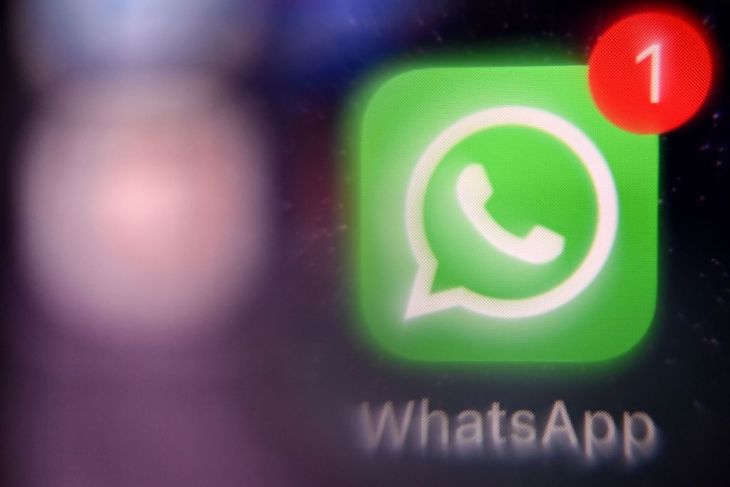
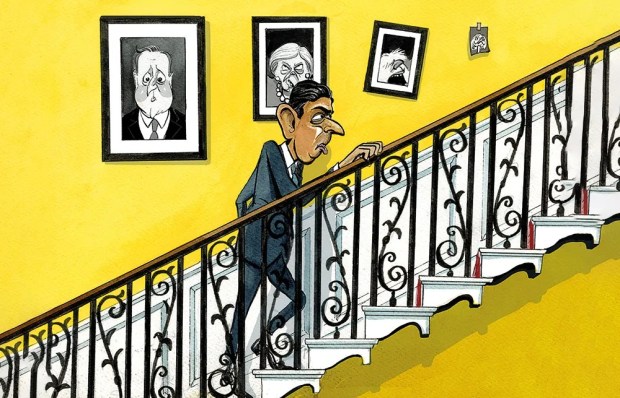


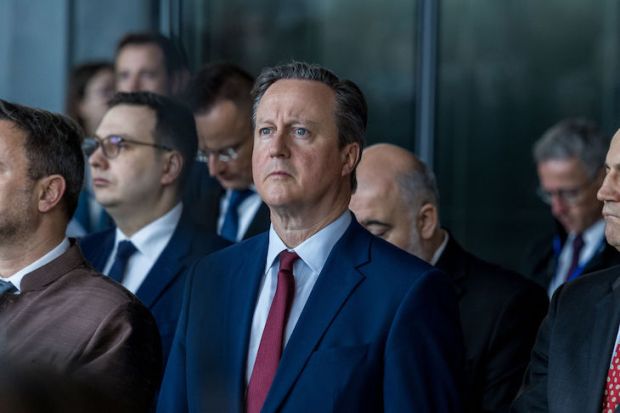
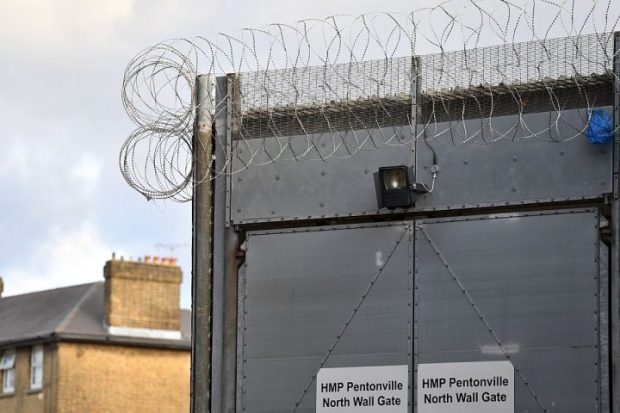
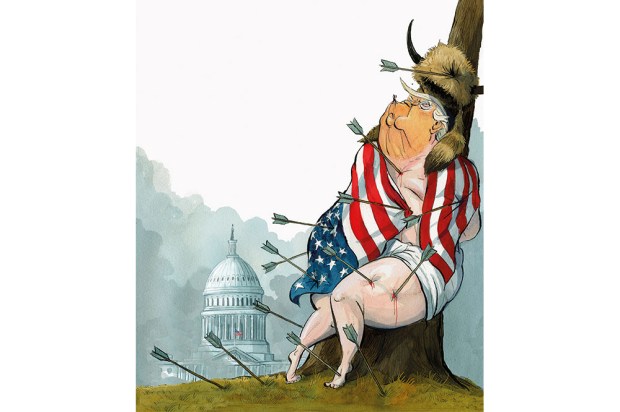












Comments
Don't miss out
Join the conversation with other Spectator Australia readers. Subscribe to leave a comment.
SUBSCRIBEAlready a subscriber? Log in